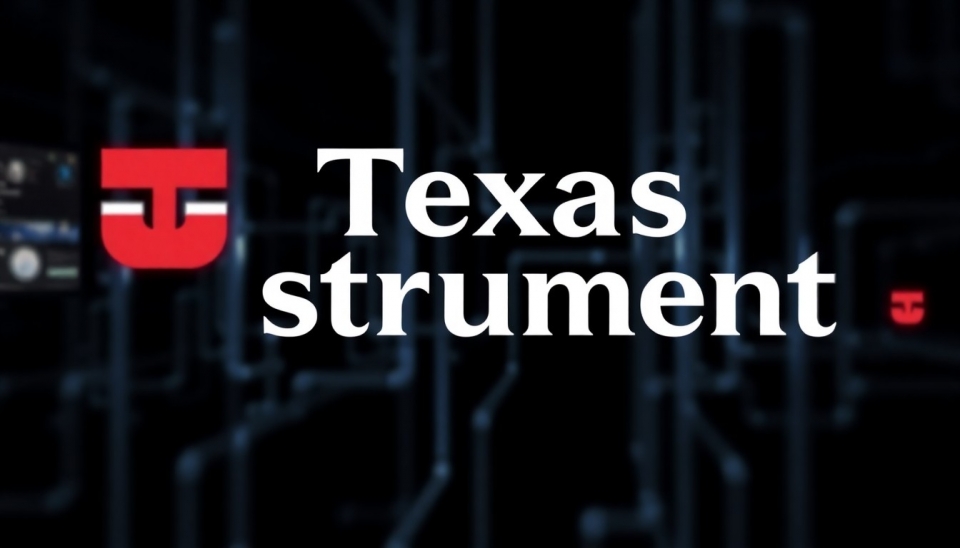
In a significant move that could reshape the landscape of digital asset trading, the Securities and Exchange Commission (SEC) Commissioner Mark Uyeda has unveiled plans to eliminate cryptocurrency from designated trading systems in the United States. This proposal comes amidst ongoing debates regarding the regulation of digital currencies, as the SEC seeks to bolster investor protection and market integrity.
Uyeda's proposal is rooted in a broader effort to clarify and enforce regulations surrounding cryptocurrencies, which have long been mired in ambiguity. By excluding crypto assets from traditional trading systems, the SEC aims to ensure that only those securities that meet rigorous regulatory standards are traded on these platforms. This initiative is seen as a response to the rapid growth and volatility of the cryptocurrency market, which has raised concerns among regulators and investors alike.
Key to Uyeda's vision is the idea that cryptocurrencies often do not fall under the same financial regulations as traditional securities. Currently, many crypto assets operate outside established regulatory frameworks, making them a potential risk for unsuspecting investors. Uyeda’s stance highlights the necessity of creating a clear boundary between regulated securities and unregulated digital currencies.
Critics of the proposal have voiced concerns about the potential impact on innovation in the financial sector. Detractors argue that overly stringent regulations could stifle the growth of blockchain technology and the cryptocurrency market, which have been heralded for their disruptive potential. Conversely, proponents of the proposed changes argue that a more robust regulatory framework is essential for protecting investors and ensuring the long-term stability of financial markets.
This proposal is part of a broader regulatory landscape that is evolving as authorities attempt to keep pace with the rapid developments in the crypto space. With increased scrutiny from various agencies, including the SEC, the Internal Revenue Service (IRS), and the Commodity Futures Trading Commission (CFTC), the future of how cryptocurrencies are integrated into the financial system appears to be on shifting ground.
As the SEC prepares to solicit feedback from the public on Uyeda's proposal, financial market participants are watching closely. Many industry stakeholders are calling for a balanced approach that protects investors while allowing innovation to flourish. The implications of this potential regulatory shift could be far-reaching, not only for cryptocurrency exchanges but also for the broader ecosystem of blockchain technology and decentralized finance (DeFi).
In conclusion, as discussions surrounding the regulatory framework for cryptocurrencies continue to evolve, the SEC's initiative may set a precedent for how digital assets are treated within the financial system. Stakeholders will have to engage in the public commentary process to shape this proposal, ensuring that both investor protection and innovation remain priorities in the emerging age of digital finance.
#SEC #Cryptocurrency #TradingRegulations #MarkUyeda #InvestorProtection #CryptoNews #BlockchainInnovation #FinancialMarkets #DigitalAssets
Author: Sophia Reynolds




